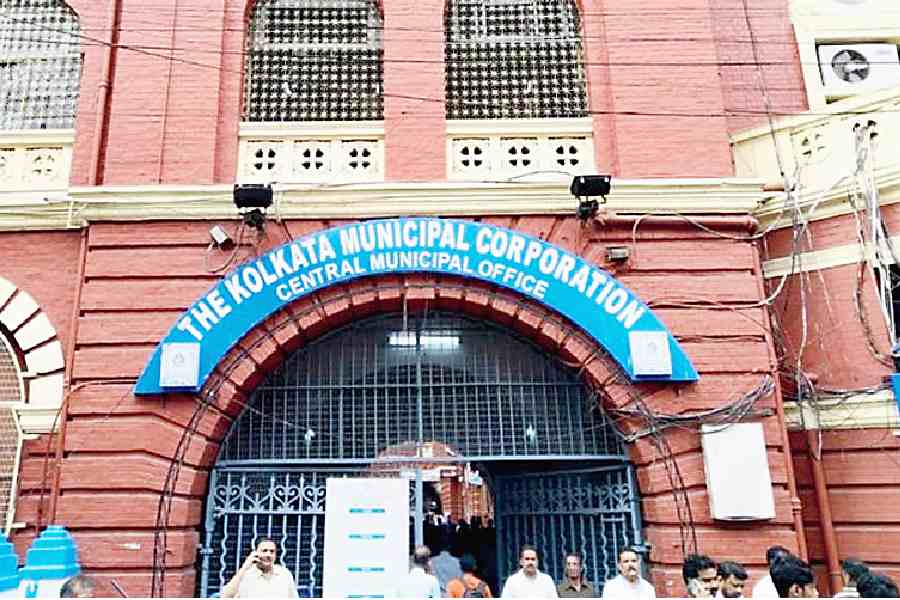Stung by the manner in which it was forced to roll back a parking fee hike in April, the Kolkata Municipal Corporation (KMC) will ask the state government whether it could charge hawkers for providing civic services or while handing them vending certificates.
The KMC had fixed Rs 500 as the fee for handing vending certificates. Besides, Rs 2,000 was fixed as an annual charge that hawkers needed to pay for civic services, primarily waste clearance.
The town vending committee of Kolkata — which is made of civic officials, hawkers, police and elected representatives, among others — had decided to levy these two charges on hawkers, but the KMC top brass decided to seek approval from the state government before introducing the fees.
If the government agrees to the proposal, the KMC will seek to know what the fees should be.
Sources in the KMC said the matter will be placed before chief minister Mamata Banerjee. “We will wait for her decision. We had a setback after raising the parking fees. We do not want a repeat of that,” said a source who did not want to be named.
The civic body has also sent the state government a comparative study of parking rates in some other Indian cities and sought to know what should be the rates in Kolkata.
A senior official of the Bengal government said the decision to seek the state government’s or the chief minister’s approval for levying charges on hawkers sets a bad precedent for the municipal corporation.
“The 73rd and 74th constitutional amendments were made to delegate powers to local bodies so they do not need to depend on the government for everything,” said the official.
The decision to consult the state government comes in the backdrop of the KMC being forced to roll back the hiked parking fees. The fees were raised on April 1 and withdrawn on April 7.
The rollback followed a news conference by Trinamul Congress spokesperson and party state general secretary Kunal Ghosh on April 7 where he said the decision did not have the consent of the party and the chief minister.
Till a decision on the charges is final, the KMC won’t distribute vending certificates.
Officials said 19 hawkers from Gariahat, New Market and Esplanade have been selected for the handing over of the vending certificates as a token gesture. More hawkers will be given the certificates later.
A member of Kolkata’s town vending committee said the vending certificate will have the name, age and address of the hawker, the address of the building in front of which the hawker has the stall, the size of the stall and the materials being sold.
Once the certificate is issued, the hawker will be expected to abide by rules.
The Street Vendors (Protection of Livelihood and Regulation of Hawking) Act 2014, passed by Parliament, has empowered the vending committee to regulate hawkers and even cancel their vending certificates if they flout rules.
The act empowers the “local authority”, which is defined as a municipal corporation and some other local bodies, to fix charges to be levied on hawkers.
It says: “Every street vendor shall pay such periodic maintenance charges for the civic amenities and facilities provided in the vending zones as may be determined by the local authority.”
The act also says the vending committee may “cancel the certificate of vending or suspend the same” if it finds that the hawker has violated “any of the conditions thereof”.
